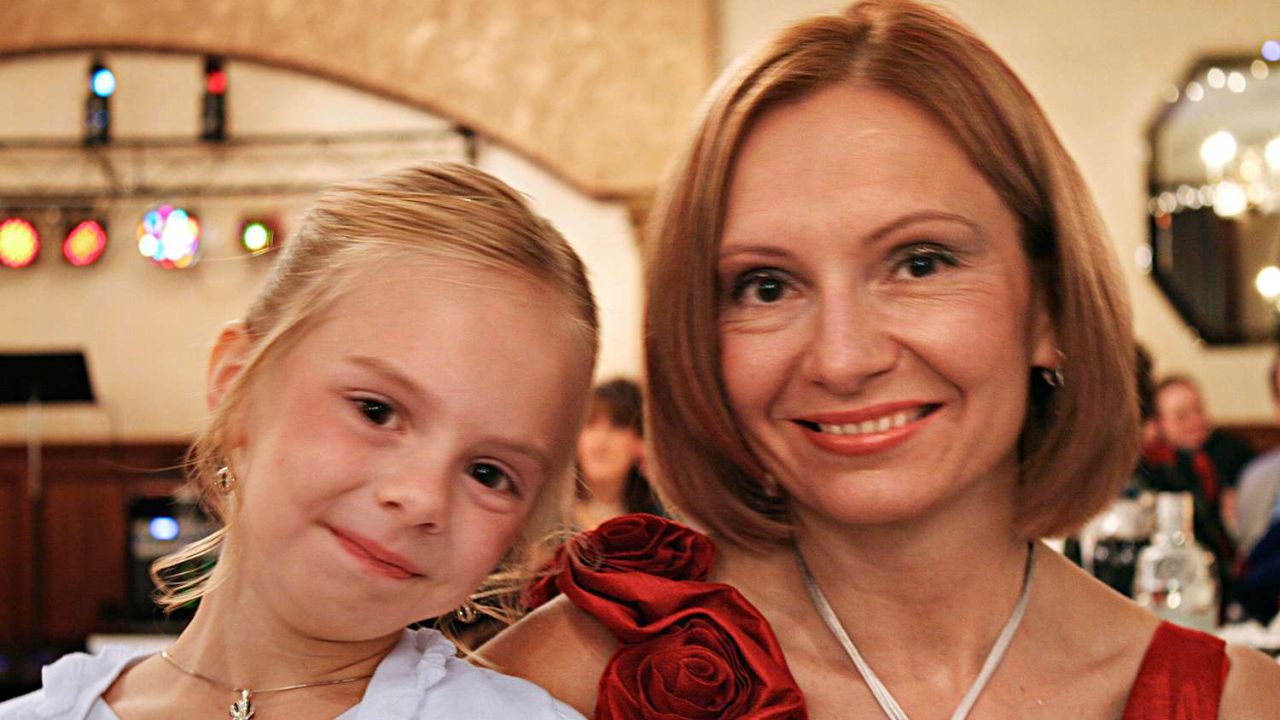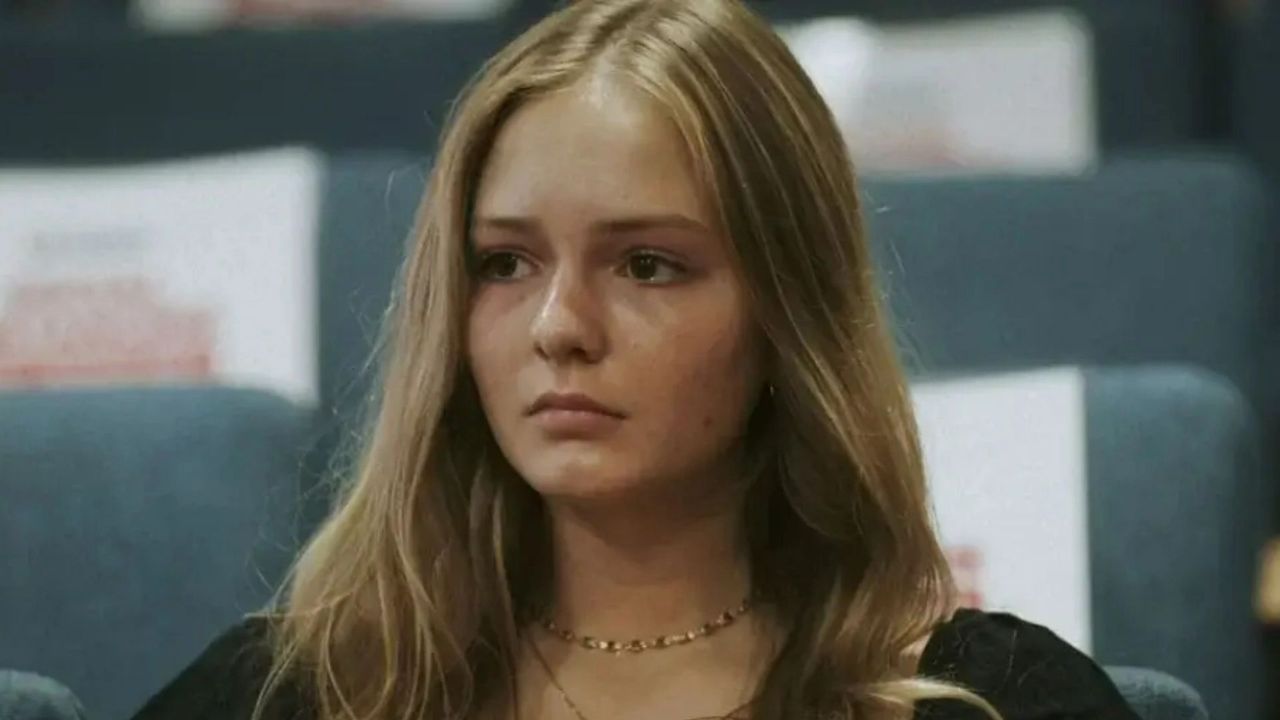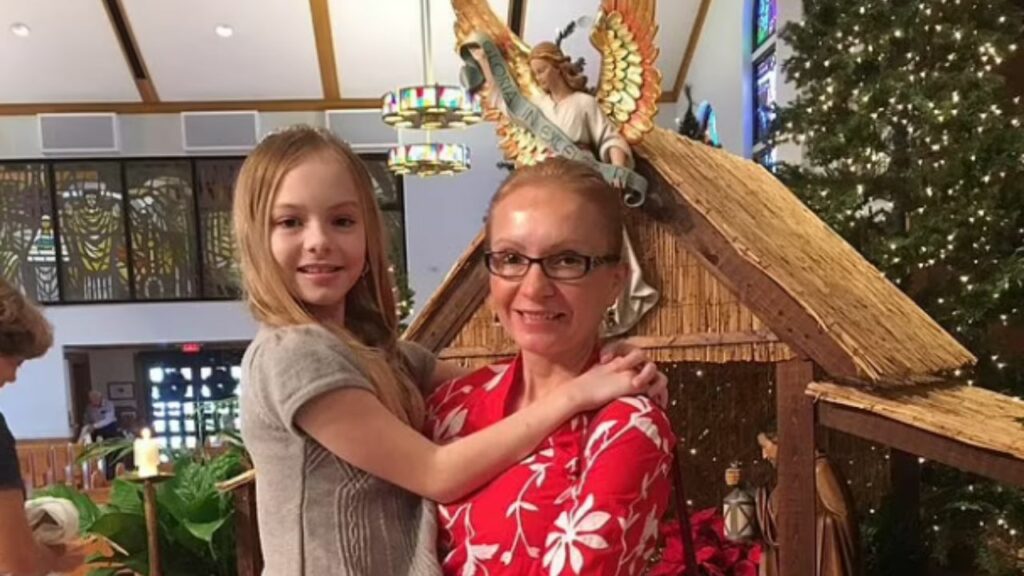According to Take Care of Maya, Beata (Maya Kowalski’s mom) committed suicide in January 2017, after being separated from her daughter for more than 87 days. In her suicide note, Beata stated that she could no longer bear the pain of being separated from Maya and being treated like a criminal and that she could no longer watch her daughter suffer in pain.
Ahead of the launch of a new Netflix documentary, Take Care of Maya, Maya Kowalski tells how a hospitalization for her severe and uncommon neurological condition led to her mother’s suicide. So, if you are curious to learn about what really happened to her mom and wonder what caused her to do suicide, we are here to help.
Previously, we touched on Dr. Sally Smith.
Take Care of Maya: Maya Kowalski’s Mom, Beata Kowalski, Committed Suicide in January 2017, After Being Separated From Her Daughter!
Maya Kowalski has recently spoken out about her horrible medical condition and how Munchausen syndrome through proxy charges led to her mom Beata Kowalski‘s suicide in the Netflix documentary, Take Care of Maya. The 17-year-old and her father, Jack Kowalski, discuss the extreme discomfort caused by her uncommon neurological disease and how one hospital visit ended in tragedy in this week’s edition of PEOPLE.
 Maya Kowalski’s mom commented suicide after being separated from her daughter for more than 87 days.
Maya Kowalski’s mom commented suicide after being separated from her daughter for more than 87 days.
Image Source: People
Maya Kowalski was 9 years old when she started having asthma attacks and headaches in 2015. Her legs and arms had developed lesions, and her feet had begun to spasm and curl. Many doctors were perplexed by her symptoms, with one even claiming that it was all in her head. According to the Cleveland Clinic, complex regional pain syndrome (CRPS) is an uncommon neurological illness that can cause chronic or intermittent limb pain, a burning feeling, and excessive sensitivity to touch. Even ordinary operations, such as getting a blood pressure reading, can be unpleasant because of the disease.
Then Maya was officially diagnosed with CRPS by Dr. Anthony Kirkpatrick, an anesthesiologist and pharmacologist in Tampa who specializes in the disorder. He describes CRPS as an abnormal function of the sympathetic nervous system. Your senses become heightened with time so that a drop of water touching your skin can seem like someone jabbing you with a knife.
Dr. Anthony Kirkpatrick began treating Maya with ketamine infusions, but her symptoms persisted, so he proposed a more drastic treatment: a five-day ketamine coma in which the nervous system is inundated with a high dose of the medication and effectively reset. Because the treatment is still experimental and has not been licensed by the FDA, the family had to go to Mexico to have it performed.
At the time, Maya was transported to the emergency room at Johns Hopkins All Children’s Hospital in St. Petersburg, Florida, in October 2016 with excruciating stomach discomfort. Maya’s parents informed the medical personnel that she had CRPS. Her mom, Beata, who also was a licensed nurse, pleaded with doctors to give her daughter a high dose of ketamine, the only medicine they believed was beneficial for her discomfort.
This request alarmed hospital staff, who notified child protective services. According to Healthline, the investigation team later charged Beata with child abuse owing to Munchausen syndrome by proxy (MSP), a psychiatric disease in which a kid’s caregiver either fabricates or induces genuine symptoms to make it look like the youngster is hurt or ill.
Although a court-ordered psychiatric evaluation determined Beata did not have a mental illness, she was placed in state custody less than a week after checking into Johns Hopkins. She remained in the hospital away from her family for more than three months. however, her mom was deteriorating without communication with her daughter, according to Jack. Later, Beata committed suicide in January 2017, after being separated from her daughter for more than 87 days. In the email discovered after her death, she wrote,
I’m sorry. But I no longer can take the pain being away from Maya and being treated like a criminal. I cannot watch my daughter suffer in pain and keep getting worse.
What Happened to Maya Kowalski After Her Mom Committed Suicide!
 Maya launched a case against the Johns Hopkins All Children’s Hospital more than six years after her mom’s death.
Maya launched a case against the Johns Hopkins All Children’s Hospital more than six years after her mom’s death.
Image Source: The US Sun
Maya Kowalski was released into her father, Jack Kowalski‘s custody five days later and returned to her home in Venice, Florida. She struggled with both the discomfort of her sickness and the grief of her mom, Beata Kowalski‘s death while there. Her father even claimed that her health deteriorated while she was in the hospital as a result of not receiving ketamine treatments. A court ruling barred her from using ketamine again after her discharge.
Instead, the family was forced to resort to alternative remedies, which they claim made her recuperation slower and more painful than necessary. Maya now has full use of her limbs and legs, but the agony still drives her to weep at night. She said, “I do my best to push through. I’ve already missed a lot, so I want to make the most of life now.” Since then, the family has launched a case against the hospital, which is set to go to trial in September, more than six years after Beata’s death.

